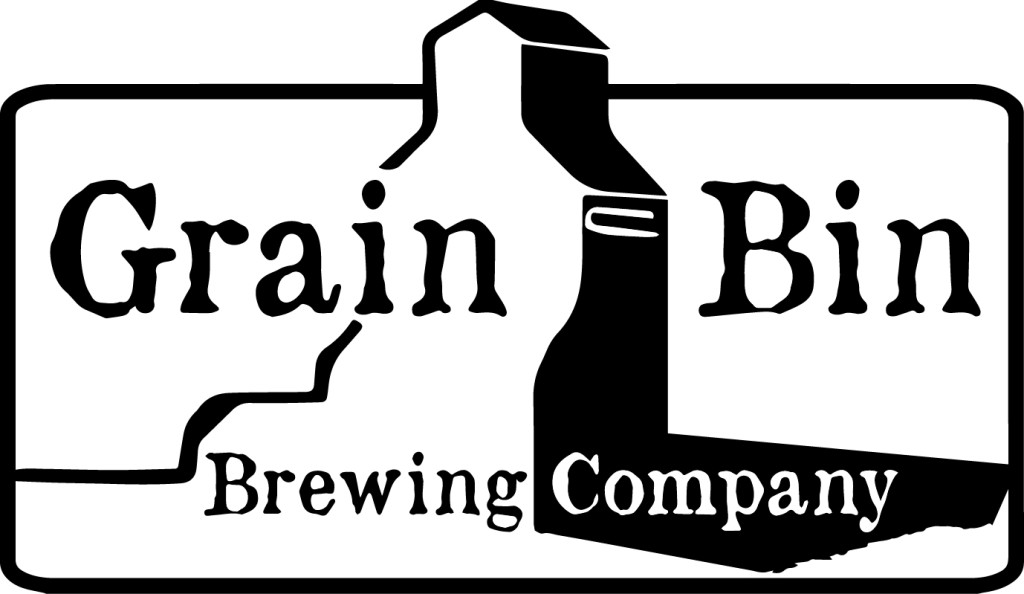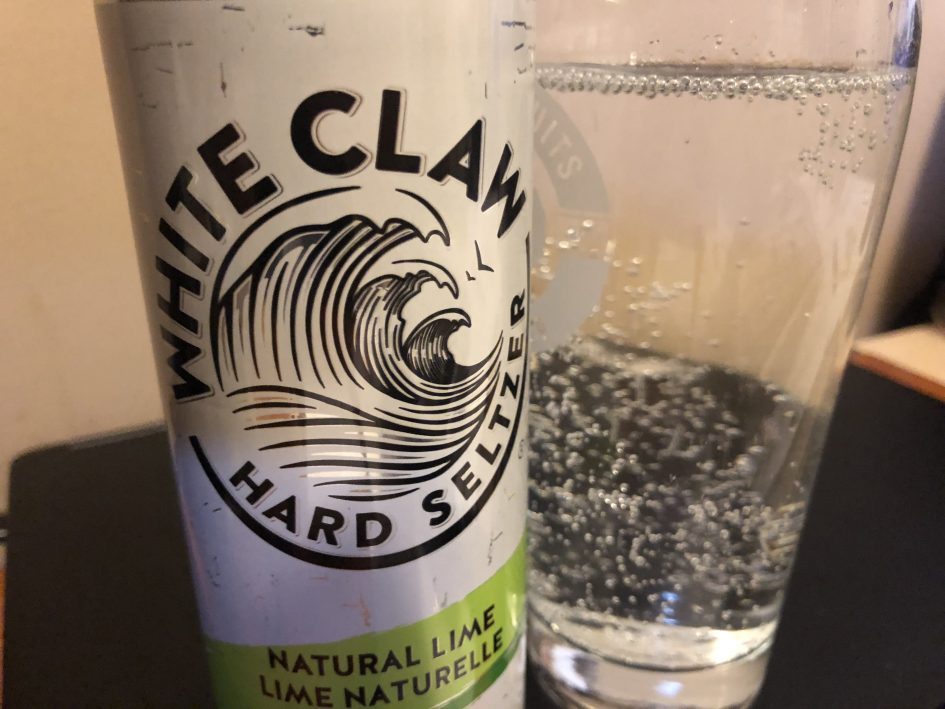As will surprise no one, I am a bit of a skeptic when it comes to fads and crazes in the beer world. I am old enough to have seen quite a few of them and so usually need to see some kind of durability before I am convinced something has changed the industry permanently. That is particularly true for new styles or approaches to beer.
I remember back in the 1980s sitting in a neighbourhood pub trying Molson Dry for the first time and being told by all involved that it would “radically change” the beer we drink. It didn’t. Anyone know what happened to all those Lime Beer that breweries rushed to produce a few years ago? I think there are even questions about craft-oriented buzz like pastry stouts, milkshake IPAs and (God help us) Glitter Beer.
So why did I find myself drinking a White Claw last week on my CBC RadioActive beer column? Because I could not ignore the buzz around hard seltzer and felt the need to discuss and, to a degree, debunk it. You can listen to the entire CBC column here.
Most people will know that hard seltzer – alcoholic flavoured fizzy water made from fermented sugar and/or barley – took the U.S. by storm last summer. Some reports indicated the top brand sold more than Budweiser at points. At the time it wasn’t available in Canada, so those craving the new shiny thing had to stare longingly across the 49th parallel.
The top selling brand, White Claw, arrived in Canada a few weeks ago, to sightly less fanfare (likely due to the late winter timing). I suspect Mark Anthony Group, the maker of White Claw, were planning a build up to the busy summer season. The talk was already starting to build before COVID-19 hit.
Normally I would pay little attention to beverages of this nature. It isn’t beer, of course. Well, technically it is beer due to the anachronistic excise rules in Canada and the U.S., meaning it can be and is brewed by breweries. Samuel Adams produces the second biggest brand. Mark Anthony is a wine and spirits company, so not unfamiliar with the processes. Both of the two giants have released their own versions.
But it’s not beer. I want to be clear about that. So why should beer drinkers care?
Two reasons. the first is the aforementioned fact that many breweries are jumping aboard the HMS Seltzer in an attempt to get ahead of the wave. Second, for some reason much of the buzz around hard seltzer revolves around how it is “converting” beer drinkers, and thus is the latest threat to the beer industry.
Other than breathless stories which find a couple longtime beer drinkers who switched to seltzer – preferring its light, refreshing and lower calorie offering – there is no hard evidence that seltzer is disproportionately stealing from beer. Craft beer in particular. Yes, non-craft beer sales continue to decline, but that is for a host of reasons, not the sudden appearance of hard seltzer. I am unconvinced that it is the “threat” these stories make it to be.
The debate about whether craft breweries should ignore the fad or get in on it is far more interesting. I have heard clear arguments on both sides. More traditional voices argue that, well, seltzer isn’t beer and that is is likely to fade in a couple years so they should just stick to what they do best. Other voices suggest seltzer can draw in people who would not normally try craft beer and expands options for existing consumers. Some craft operations also claim they can bring their creativity to the product and steal some market share from the big boys.
In western Canada I am aware of only Grain Bin Brewing who is embarked on making hard seltzer. They use local fruit, experiment with hopping and have even done a barrel-aged version, kind of proving that you can bring craft chops to hard seltzer. [EDIT: I am informed Village Brewing in Calgary just released a mixed pack of hard seltzer flavours called Hooch.]

Which side of the should-breweries-make-seltzer divide you land depends largely on whether you think its popularity will persist. If it is the latest Lime Beer, then you could likely give it a pass. If you think it is a longer term addition to the fermented beverage markets, then adding one to your line-up might make sense.
Personally, I believe no one will be talking about hard seltzer in two years. Sure, it will find a place in the market, like Mike’s Hard Lemonade, Vodka coolers, spritzers and other summery beverages, but it is not a beer killer. In flavour it simply does offer enough. It is carbonated alcoholic water, after all. Our taste test of White Claw on my CBC column (I had wanted to do Grain Bin but due to COVID and lack of planning on my part – mostly the latter – I couldn’t procure any) was distinctly “meh”. The light citrus note was initially appealing but the watery finish was disappointing.
People who like craft beer might grab a hard seltzer now and again for a change of pace (much like they choose wine or a cider now), but I have a hard time seeing a rush of long term conversions. Hard Seltzer is the latest, greatest, but like most that came before it, it will soon be just another coulda been.



May 1, 2020 at 7:11 PM
Town Square is also producing hard seltzer under the Rad! Water label.
May 3, 2020 at 5:15 PM
Hard seltzer is nonsense and rubbish. Now where did I put my vodka soda with lime?
May 3, 2020 at 8:44 PM
You always find a way to both entertain and educate, my friend. Nicely done!